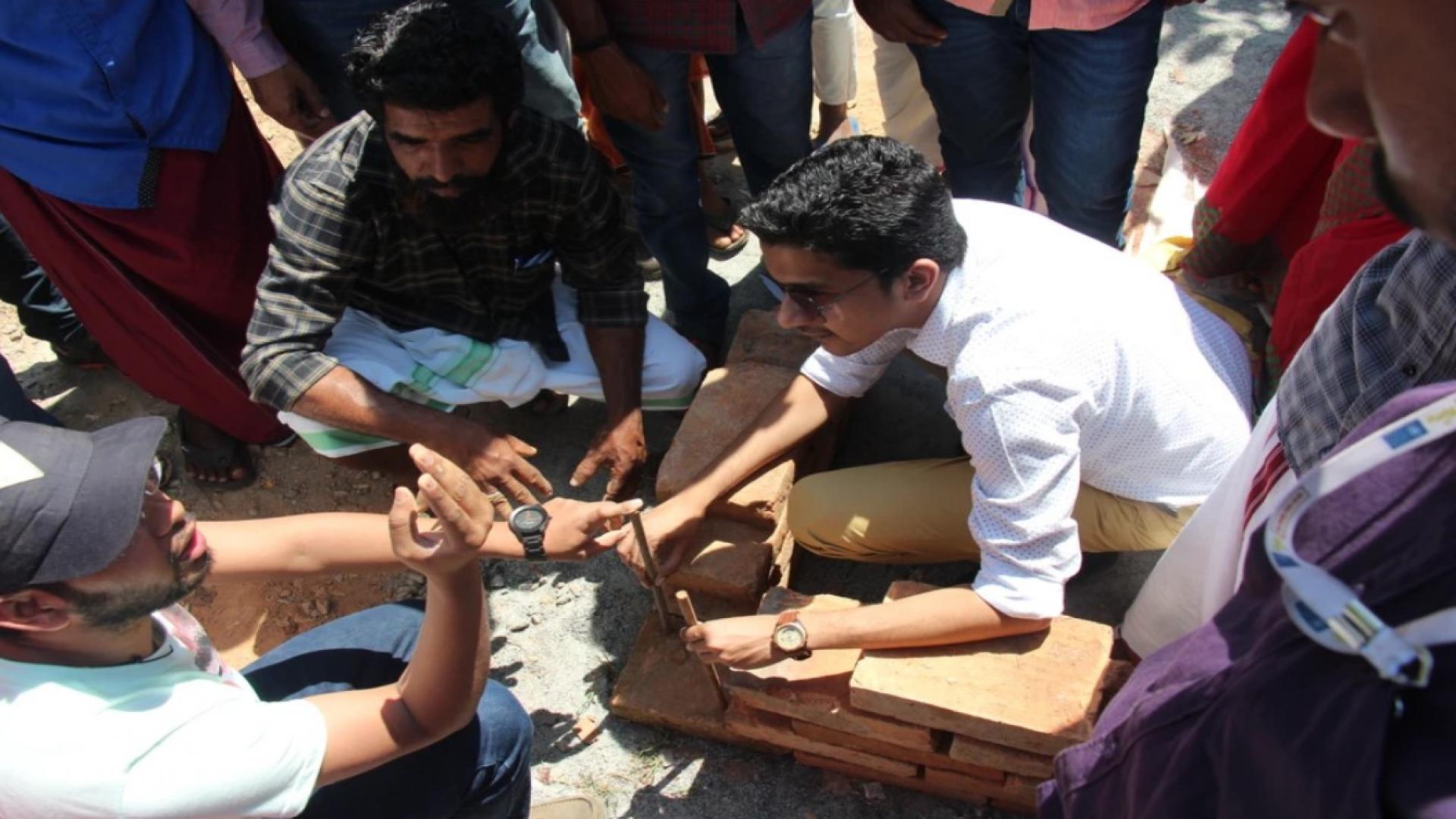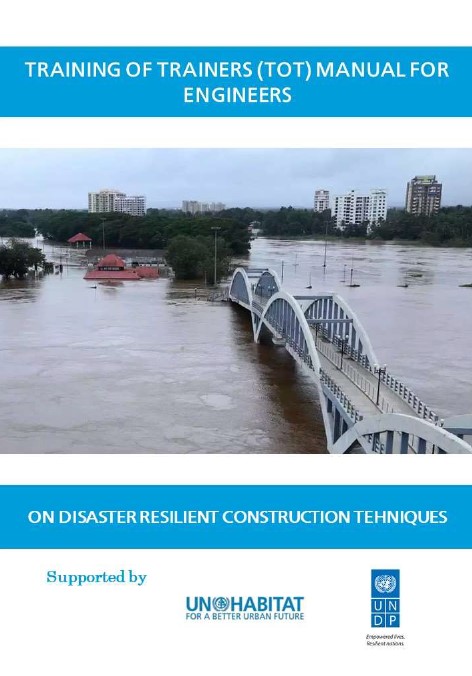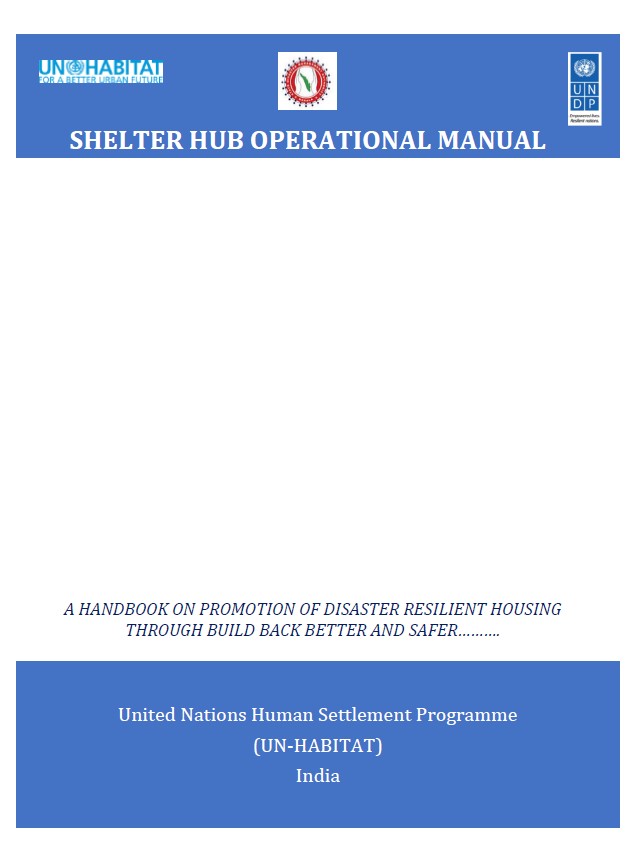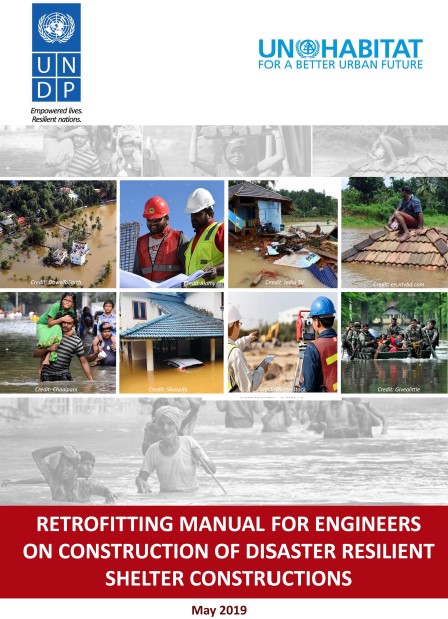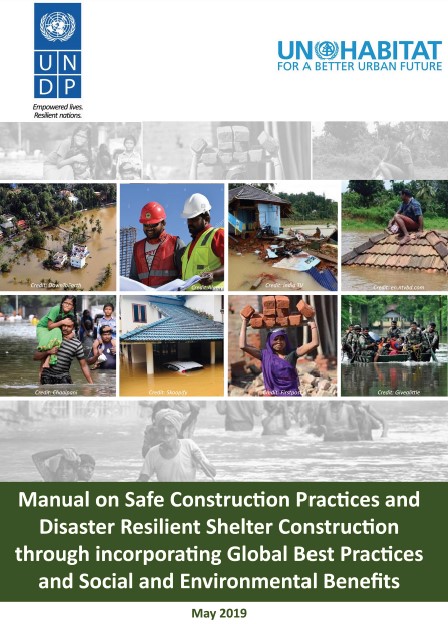Disaster Flood Recovery in Kerala
Kerala experienced the worst ever floods in its history since 1924 Between June 1 and August 18, 2018. During this period, the state received cumulative rainfall that was 42% more than the normal average. Following the devastating floods, the United Nations Disaster Management Team (UNDMT) was activated under the leadership of the UN Resident Coordinator. The UNDMT meet in frequent intervals to identify the potential response and recovery initiatives in partnership with Government of Kerala. A comprehensive Post Disaster Needs Assessment (PDNA) with the support of various sector ministries at the state level, development partners and stakeholders were undertaken to identify the damages and losses of the floods and landslides that severely affected almost seven districts in the state. The PDNA also identified three critical sectors namely, housing, agriculture and livelihoods as the worst affected due to the impact of the flood.
The challenges
Inadequate Space for Shelter Hubs:
The affected areas lack sufficient space for Shelter Hubs to operate effectively, hindering office functions and skill transfer training.
Communication Gap with Government:
There is a lack of clear communication from the government on adopting alternative techniques, particularly in disaster-prone regions, limiting the potential for improved approaches.
Limited Disaster Risk Reduction (DRR) Considerations:
The absence of DRR considerations in projects leads to constrained budget allocations, particularly for crucial features like raised platforms in flood-prone areas.
How to respond to them?
Optimizing Space Efficiency:
Explore innovative design solutions and compact infrastructure models for Shelter Hubs, ensuring efficient utilization of available space and meeting operational requirements.
Enhanced Government-Community Dialogue:
Facilitate regular communication channels between government officials and local communities to promote awareness and understanding of alternative techniques, fostering collaboration for improved disaster resilience.
Integrated DRR Framework:
Advocate for the integration of DRR considerations into project planning, emphasizing the long-term benefits of resilient infrastructure. Engage with stakeholders to secure additional funds for crucial elements like raised platforms, ensuring comprehensive disaster preparedness.

What have we achieved?
Disaster-Resilient Housing Practices Dissemination:
The Shelter Hub initiative successfully disseminated knowledge on disaster-resilient construction practices, reaching affected communities, masons, engineers, and homeowners. It acted as a central resource for technical guidance.
Capacity Building and Skill Transfer:
The project facilitated the creation of a cadre of experts, including engineers, architects, and masons, through skill transfer training. It empowered local communities with the necessary expertise for sustainable building practices.
Innovative Training Programs:
The Shelter Hubs conducted innovative training programs and workshops on various themes, including Disaster Resilient Housing Techniques, Retrofitting, Sustainable Building Materials, and more. These programs equipped beneficiaries with skills for safer construction practices.
Creation of a Knowledge Hub:
The Shelter Hubs served as a Knowledge Hub on resilient housing, offering a repository of information, designs, and tools. They provided a menu of options for disaster-resilient construction, fostering an environment of effective preparedness.
Advocacy for Policy Support:
The project actively engaged with government agencies, advocating for policy frameworks and institutional strengthening to promote safer construction practices. It contributed to building an environment of risk-informed development in collaboration with relevant ministries and departments.
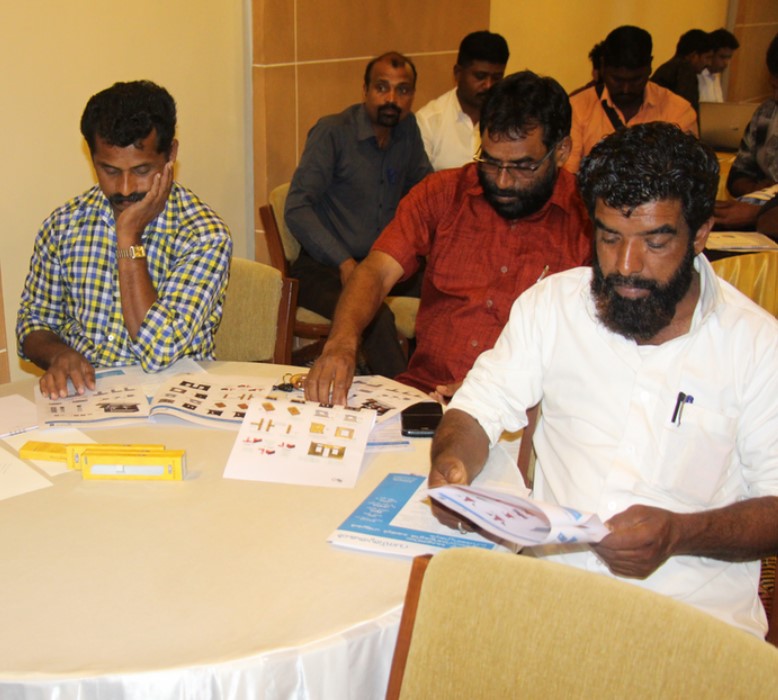
Donors and Partners
This programme is led by UN-HABITAT with UNDP and Habitat Technology Group, and funded by the Central Emergency Response Fund (CERF). The initiative established ten Shelter Hubs in districts severely affected by the 2018 floods and landslides, focusing on community support and recovery. The collaboration likely extended to various stakeholders, including potential government and development partners, to enhance disaster-resilient housing practices in vulnerable areas.
